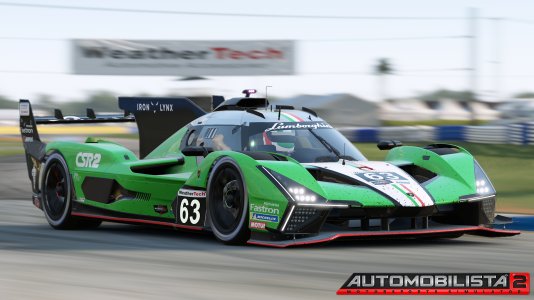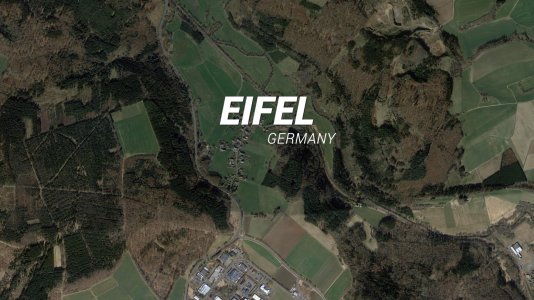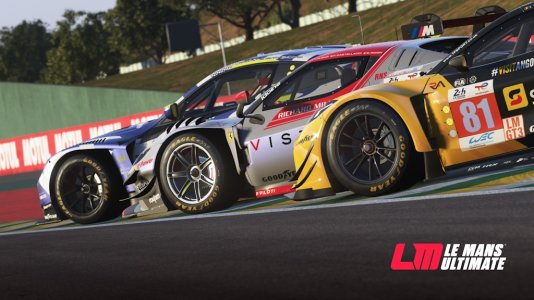This decision was made roughly 3-4 years ago. At the time I was still assisting ISI in the migration of rFactor 2 to Steam and supporting its features. We had a few goals back then.
First of all we wanted to mimic as closely as possible the model that was popular with rF1 and rF2 outside of Steam, which was starting with a "minimal" or "lite" install and then installing whatever content you wanted. This meant our main install should just be that minimal install with the game code and all base components, no content. Related to this goal, we also needed some system that would allow us to let users pick exactly what content they like, so ideally each individual piece of content needed to be selectable.
Second of all, we wanted one generic way of dealing with content, free or paid, so you did not end up with different ways of handling things. And it would be even nicer if the same mechanism could also span both our content and that of third parties, as modding is an important part of our community.
Naturally, since a lot of games on Steam use DLC, that's the first thing we looked at, and we found two issues:
- It's impossible for third parties to add DLC to a game, meaning there would be no way for us to stick to the principle that all content is installed in the same way.
- At the time, when you published a game on Steam, you got 10 pieces of DLC to go with that. We contacted Valve as we would need "hundreds". We explained what we wanted to do, and they basically told us they would not allow us that many pieces of DLC (free or paid) and they advised us to look at the workshop which at the time was scheduled to allow free and paid content.
So we ended up looking at the workshop and found it more nicely fit our needs. It solved both issues and users could easily pick what they wanted by subscribing to it.
Now roughly 6-12 months after we had made this decision, Skyrim mods happened and if you were playing Skyrim at that time you probably remembered that they were the first game to have "paid" workshop items. I'll spare you the details, but it was a bloody mess and within weeks Valve shut down the paid workshop for them and communicated to everybody else that they would discontinue this feature. Naturally that threw a spanner in our wheels, even though at that point we were not ready to start selling content. We contacted Valve again to ask for a clarification and alternative solution. They then advised us to handle paid content via the "item store" and use your "inventory" to keep track of who owns what. They even made a link from those items to workshop items so we could use our exact same handling for content and we were happy again!
Granted, the item store does get some getting used to as most games use DLC. Granded too that apparently currently this 10 item DLC limit does not seem to exist and there are games with hundreds of DLC packs (even though third parties still can't publish those).
So where to go from here? Well first of all, explaining this to users maybe helps a bit (if people understand why something is the way it is, they might still disagree with the decisions but at least they know the thought process behind it). Secondly, I think we can do a much better job of integration the item store, workshop and how to figure out what content you need to participate in a certain race. In fact, that is one of the things we're focussing on now as part of the new UI.
Hope this helps.














